The emotional story of Rhythm House falling off the city’s culture map will now be told to the world with Megha Ramaswamy’s The Last Music Store premiering at the South Asian International Film Festival
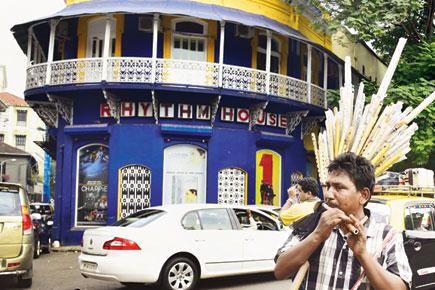
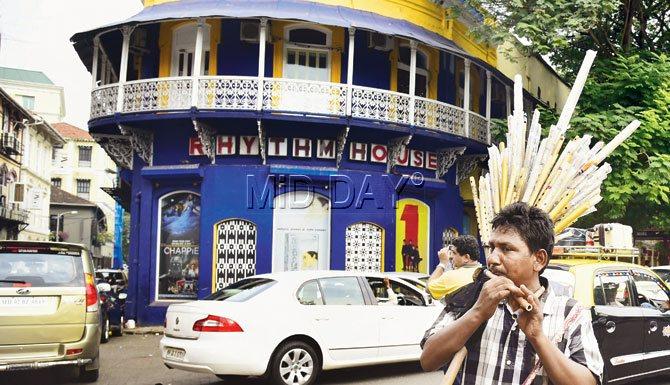
A shuttered Rhythm House in March 2016. PIC/ATUL KAMBLE
Iconic music store Rhythm House closed down, leaving regulars despondent, but the temple of music refuses to stop making headlines. A documentary by Megha Ramaswamy on its legacy has been selected to premier on December 4 at a New York film festival.
The news has come as a surprise to Megha, director of The Last Music Store, who admits nervously that she doesn’t even have a trailer or poster in place. The film, she says, was made with an entirely different purpose. "It was an in-house film, made more as an ode to the iconic space and its inmates, who stood by it through thick and thin, over decades. I use the word ‘inmate’ and not employee, because that’s what they were, members of the same house, staying together." A self-confessed music nerd, Megha’s connection with Rhythm House dates back to the time she moved to Mumbai from Pune when she was 21. Rhythm House became her musical refuge like it had for so many. "I have been obsessed with the place since," says the 34-year-old. “A large part of my vinyl collection comes from there, all available at lovely discounts. Rhythm House was my initiation into good music habits. That and Lotus Bookstore — the two places that hosted Mumbai’s soul — are now both gone. With digital killing analog, the tactile connection to culture is weakening."

Over the years, however, Megha became more than a patron. When she met Aliya Curmally, daughter to Rhythm House owner Amir Curmally, at a writing programme, the two hit it off. "She’s a dear friend and this film was a joint idea. She is co-producer," says Megha.
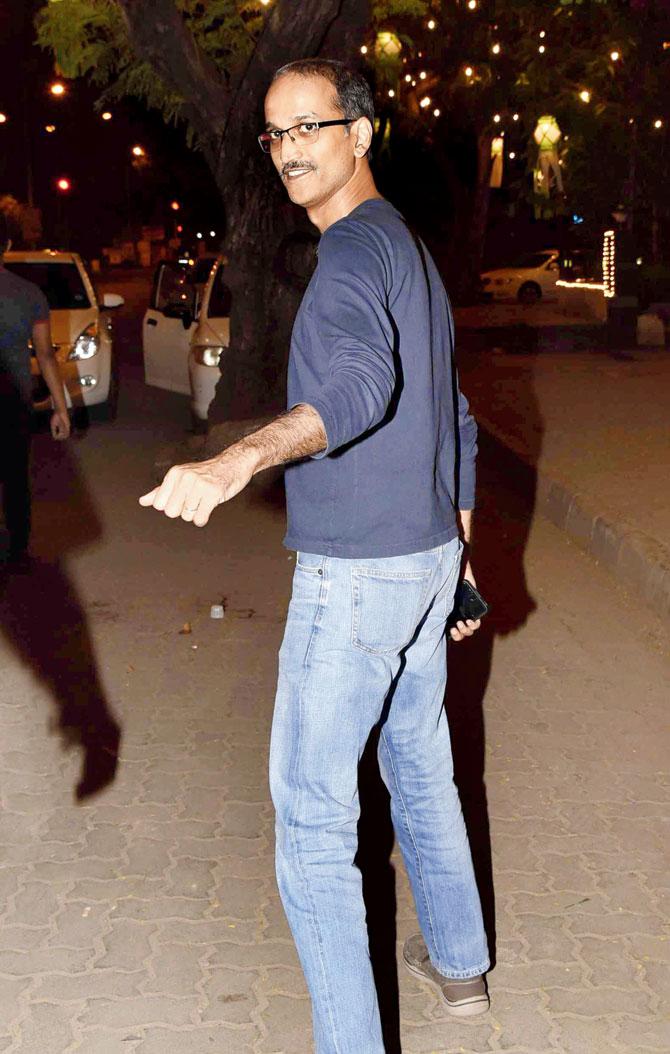
Director and Rhythm House fan Rohan Sippy supported Megha
A story about a labour of love always finds supporters. At the two-day shoot, Megha’s friend Johan Aidt, a Danish cinematographer based in New York, was in town and instantly agreed to shoot the film. "The filming equipment came from Bollywood director Rohan Sippy, Curmally’s close friend. Chak De India! director Shimit Amin offered his studio for the edit. “They were all patrons of Rhythm House. It’s a connection that music nerds like us shared, much like the community of comic book nerds. We just get each other," says Megha.

Megha Ramaswamy at her Versova residence with records bought from the store. PIC/SNEHA KHARABE
Like them, the store has offered refuge to several, including the famous. Kalyanji Anandji would say they dropped in "to get inspired"; Shammi Kapoor and Pt Ravi Shankar were regulars too. The Police, Peter Andre, Zakir Hussain, AR Rahman and Jethro Tull had all been there. The team behind the film was clear they didn’t want it to have starry sheen. "Rhythm House, for all the celeb presence it had seen, was never star-struck. Our film couldn’t have behaved any other way. It was going to be about the staffers alone. The storytelling is instinctive, I knew I wanted to portray something personal," says the filmmaker. She created a set of placards, each carrying the name of a music genre and had every staffer hold one. "I had to choose a placard based on the genre that appealed to them. Film is such an intimate format and so much unraveling happens during the process. Some of them had been working there for 40 years. The most ‘recent’ joinee had spent 18 years! I have never cried on a film set before. During the shuttering, it was apparent how fragile their lives had become." The staff, now legendary, knew every artist, and would address each customer personally to select from a catalogue that most remember as exhaustive and unique. A monthly brochure would keep regulars updated about new arrivals.
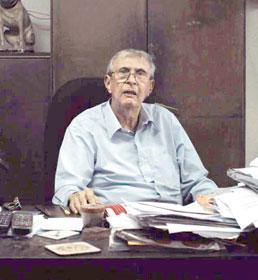
Owner Amir Curmally
Megha’s film also addresses the issue of copyright and piracy. "Their understanding of piracy," she says of the staff, “is very different from ours — it’s quirky and interesting and at the same time, stark. For them, piracy is something that directly destroyed their lives."
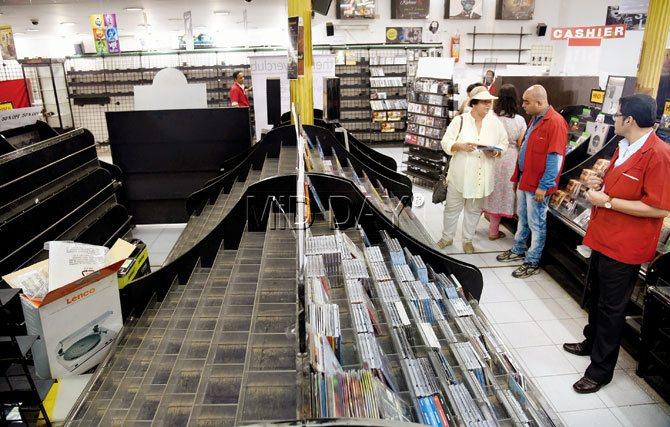
Rhythm House’s catalogue was exhaustive. PIC/SAMEER MARKANDE
In an earlier interview to this paper for a story that had first broken the news of Rhythm House shuttering, Curmally had hinted at the digital revolution eating into its fortune. Although Megha is used to the festival circuit, the only Indian to have showcased at the Toronto International Film Festival twice in a row (Bunny and Newborns), she had no idea she would be traveling with this little film to New York. “One minute, we were discussing how many DVDs of the film we’d make for the staffers and then, here I am, trying to cut a trailer. I guess an honest piece of work always find its audience.”
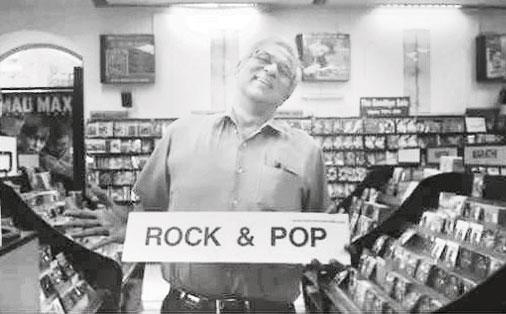
 Subscribe today by clicking the link and stay updated with the latest news!" Click here!
Subscribe today by clicking the link and stay updated with the latest news!" Click here!









